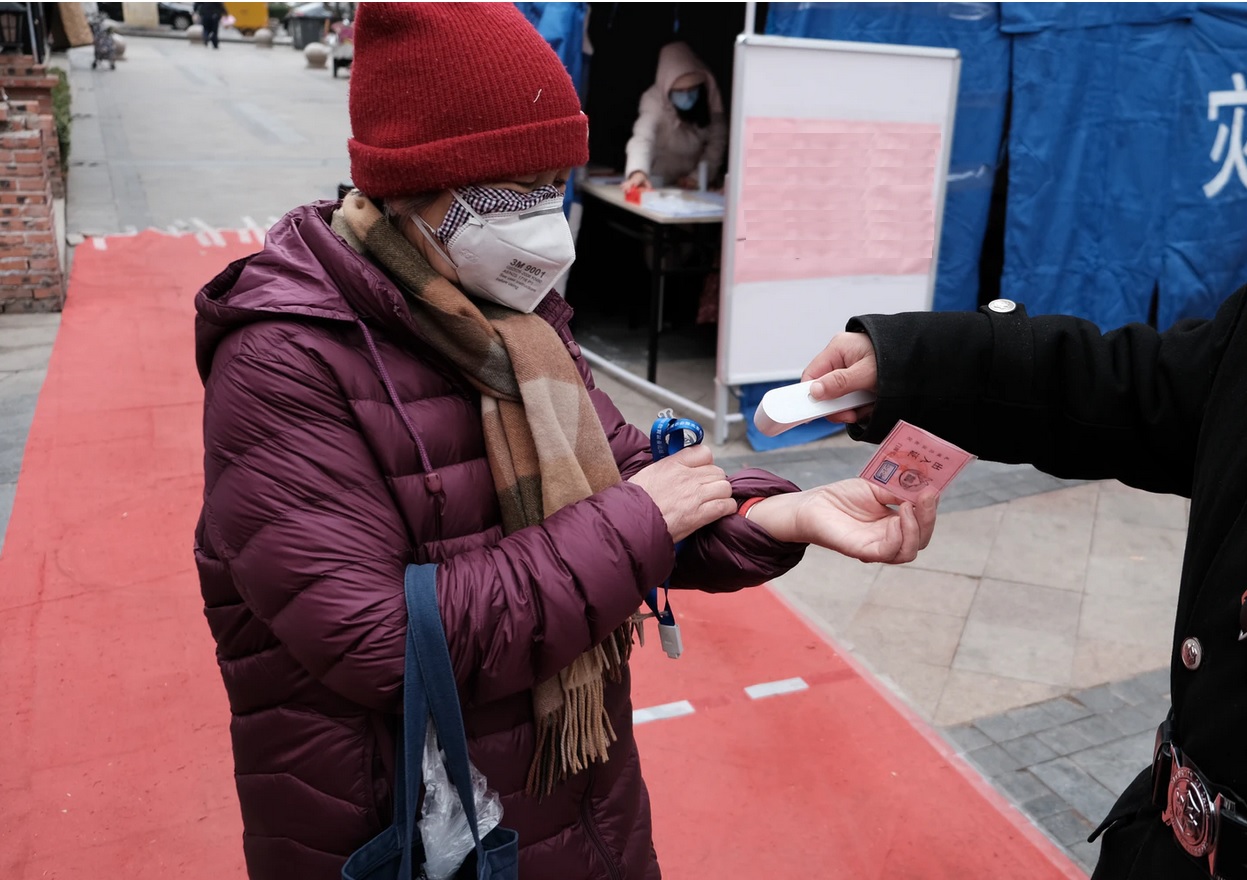
Barran Liebman
Oregon Law Firm,
The CDC and state and local health authorities continue to increase warnings regarding the danger of COVID-19 and its community spread. In response, the EEOC has issued a new statement and updated its Pandemic Preparedness in the Workplace and the Americans with Disabilities Act guidance.
The ADA prohibits an employer from making disability-related inquiries or requiring medical examinations of current employees unless the exam or inquiry is job-related and consistent with business necessity. This means that the employer must have a reasonable belief, based on objective evidence, that the employee’s ability to perform essential job functions will be impaired by a medical condition or that an employee will pose a “direct threat” to themselves or others due to a medical condition.
Temperature Checks
Taking an employee’s temperature is likely considered a “medical examination.” The EEOC has formally revised its guidance to clarify that employers may now take temperature checks of employees: “Based on guidance of the CDC and public health authorities as of March 2020, the COVID-19 pandemic meets the direct threat standard.”
If an employee registers a temperature of 100.4 degrees or greater, they can be sent home. An elevated temperature, however, does not mean that an employee has COVID-19. Likewise, the absence of an elevated temperature does not mean someone is free of the virus.
Medical Inquiries
The symptoms associated with COVID-19 include fever, chills, cough, shortness of breath, and/or sore throat. Employers are allowed to ask employees if they are exhibiting symptoms of COVID-19 and may require employees who are exhibiting COVID-19 symptoms to go home or stay home from work. Before returning to work, employees should be without fever for 24 hours after discontinued use of fever-reducing medicines. Employers may also delay the start date of a future employee who has or is exhibiting symptoms of COVID-19. The EEOC further advises that an employer may withdraw a job offer but only if it needs the individual to start immediately and the individual has COVID-19 symptoms and cannot safely begin work.
All inquiries should remain discrete and take into account employee privacy and confidentiality of any medical information obtained. Employers should further refrain from asking about symptoms unrelated to COVID-19, as this could lead to an impermissible disability-related inquiry.
Doctor’s Note Certifying Fitness
Employers may request a doctor’s note certifying an employee’s fitness to return to work after a COVID-19-related absence. As a practical matter, however, the EEOC counsels employers to be flexible with the form of the note as health care professionals might be too busy to provide fitness-for-duty documentation. Certifications from local clinics that an individual is COVID-19-free and cleared to return to work should be considered acceptable.
Confidentiality of Medical Information
As always, employers are required to maintain all information regarding employee illness as a confidential medical record in compliance with the ADA. The guidance is clear that any information obtained from employees regarding their symptoms or body temperature falls within this requirement. Employers may share such information only in limited circumstances with first aid and safety personnel, workers’ compensation insurance carriers, and government officials investigating compliance with the ADA. Supervisors and managers may be informed of necessary restrictions on work duties and about necessary accommodations.
Avoid Discriminatory Practices
Throughout this time, employers need to be conscientious of how they ask COVID-19 questions. Singling out employees for questioning or body temperature checks based on any federally protected class (such as age or national origin) remains prohibited by law and could subject the employer to legal penalties.
Stay Current
It is paramount that employers stay up-to-date with current CDC and state and local public health authorities, as well as EEOC guidance. The assessment of these authorities directly informs what employer actions are reasonable during the pandemic. We will continue to provide you with current advice and best practices throughout this dynamic situation.
For questions related to the above EEOC guidance or any other COVID-19-related employment concerns, contact Amy Angel or Daniel Walker.
Disclaimer: Articles featured on Oregon Report are the creation, responsibility and opinion of the authoring individual or organization which is featured at the top of every article.

